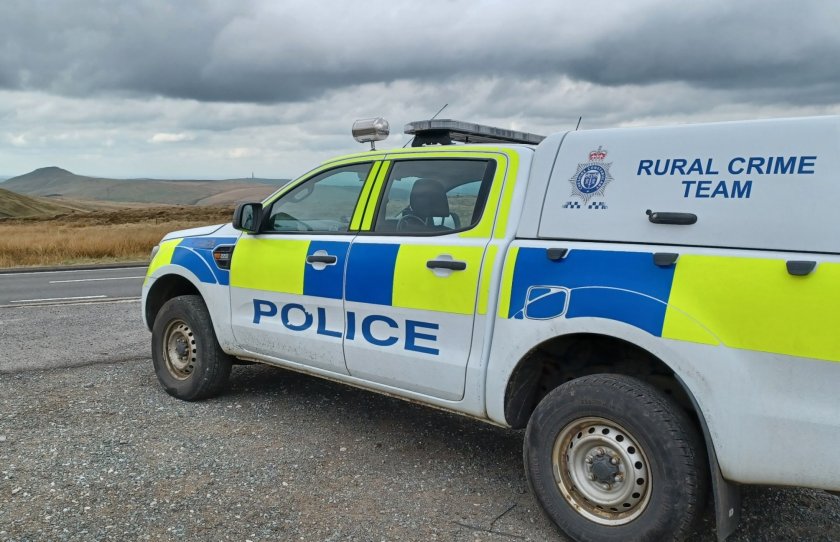
Farming groups say rural Britain is being “left behind” as ministers move to abolish Police and Crime Commissioners (PCCs) from 2028, sparking fears that countryside crime will slip further down the agenda.
The NFU said the change marks a pivotal moment for ministers to protect rural interests, after years in which PCCs provided a direct democratic link between countryside residents and policing decisions.
Since their introduction, PCCs have worked closely with farmers and rural organisations to address persistent issues such as machinery theft, livestock worrying, hare coursing and fly-tipping — crimes that often hit isolated areas hardest.
Under the new model, all PCC powers will transfer to regional mayors or council-led policing boards once current terms end. Announcing the reforms, Home Secretary Shabana Mahmood said: “The introduction of police and crime commissioners by the last government was a failed experiment.
"I will introduce new reforms so police are accountable to their local mayoralties or local councils. The savings will fund more neighbourhood police on the beat across the country, fighting crime and protecting our communities.”
The NFU warned that rural crime must not fall down the priority list as responsibilities shift. Vice-president Rachel Hallos said: “We are grateful for the work PCCs have done in listening to and supporting rural communities.
"Crimes like fly-tipping, livestock worrying and machinery theft are not just costly but emotionally distressing. Farms are more than just businesses, they are homes, and everyone deserves to feel safe in their own community.”
She said the transition to mayoral oversight must deliver “a stronger national focus on rural crime” and repeated the union’s call for a cross-departmental rural crime taskforce to fix long-standing failures in enforcement.
Concerns have also been raised by the Countryside Alliance, which said PCCs have been instrumental in ensuring police forces recognise the specific nature of countryside crime.
Sarah Lee, director of policy, warned: “This decision risks silencing rural Britain’s voice on policing. PCCs have long been the only direct line between countryside communities and policing decisions.
"Without them, rural crime, from hare poaching to fly-tipping to organised theft targeting farms will slide further down the priority list.”
She added that centralised models risk allowing “urban priorities” to dominate, leaving rural communities “paying the price”.
The government says the reforms will save around £100 million by 2029, but farm groups warn that financial savings must not come at the expense of rural safety. Rural theft alone cost an estimated £44.1 million in 2024.
PCCs will remain in place until the next scheduled elections in 2028. Responsibility for policing oversight will then move to regional or combined authorities.
The Countryside Alliance said it will push for safeguards to ensure rural crime remains a national policing priority as part of its wider campaign to reconnect government with the countryside.
